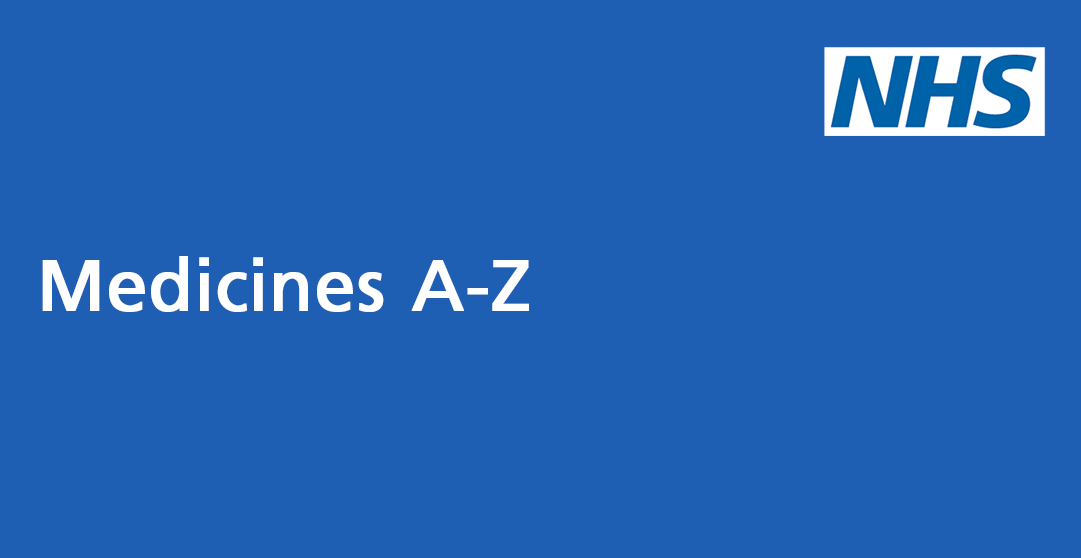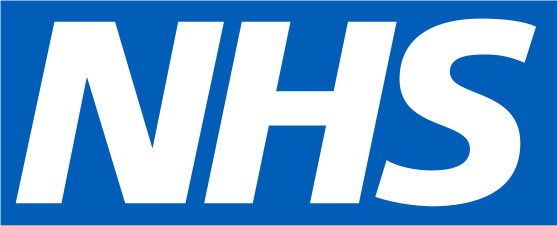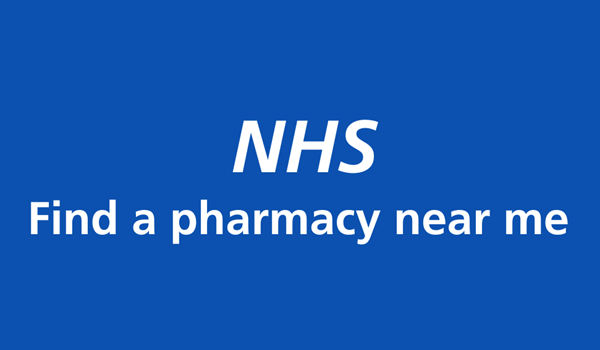Prescriptions
Non-urgent advice: Repeat Prescriptions
The easiest ways to order repeat prescriptions are:
- Using NHS App and your NHS account - NHS (www.nhs.uk)
- Using Patient Access - GP appointments & prescriptions online
- E-Mail the surgery - You can email your request to the following address: gmicb-sto.prescriptions.bredburymedicalcentre@nhs.net
- Via a chemist - Your pharmacy may be willing to order your prescription on your behalf. They will be able to nominate themselves to receive your prescription and contact us to request it.
- In person/via post - You can still order your prescriptions at the front desk. If you're unable to make it when we're open, simply post your request through the letter box and it will be picked up the next day.
Please allow four full working days for prescriptions to be processed and remember to take weekends and bank holidays into account.
Non-urgent advice: Medication Reviews
If you have a repeat prescription, we may ask you to come in for a regular review.
We will be in touch when you need to come in for a review.
Questions about your prescriptions

MEDICINES A-Z
If you have questions about your medicine, your local pharmacists can answer these. They can also answer questions on medicines you can buy without a prescription.
Non-urgent advice: Antibiotics: When and When Not to Use Them
What Are Antibiotics?
Antibiotics are medicines used to treat infections caused by bacteria. They work by either killing bacteria or stopping their growth. They do not work against viral infections like the common cold, flu, or most sore throats.
When to Use Antibiotics:
- For Bacterial Infections: Antibiotics are effective against infections caused by bacteria, such as pneumonia, strep throat, urinary tract infections (UTIs), and certain skin infections.
- As Prescribed by a Doctor: Only use antibiotics when prescribed by a healthcare professional. They will recommend the right type of antibiotic and dosage based on your condition.
- Complete the Full Course: Always finish the full course of antibiotics, even if you start feeling better. Stopping early can allow bacteria to survive and develop resistance.
When NOT to Use Antibiotics:
- For Viral Infections: Antibiotics do not work against viral infections like colds, flu, most sore throats, or viral bronchitis. These illnesses usually get better on their own.
- For Unnecessary Use: Never take antibiotics for non-bacterial illnesses or without a prescription. Misusing antibiotics can lead to resistance, making infections harder to treat in the future.
- Never Share Antibiotics: Do not share antibiotics with others or use leftover prescriptions. What works for one person’s infection may not be suitable for someone else’s.
Why Responsible Use Matters:
Using antibiotics incorrectly or unnecessarily can lead to antimicrobial resistance (AMR), which occurs when bacteria no longer respond to the medicines that once treated them. This makes infections harder to treat and increases the risk of complications, longer illnesses, and higher medical costs.
By using antibiotics properly, we can help keep them effective for future generations. Always consult with your healthcare provider before taking antibiotics and follow their instructions carefully.


